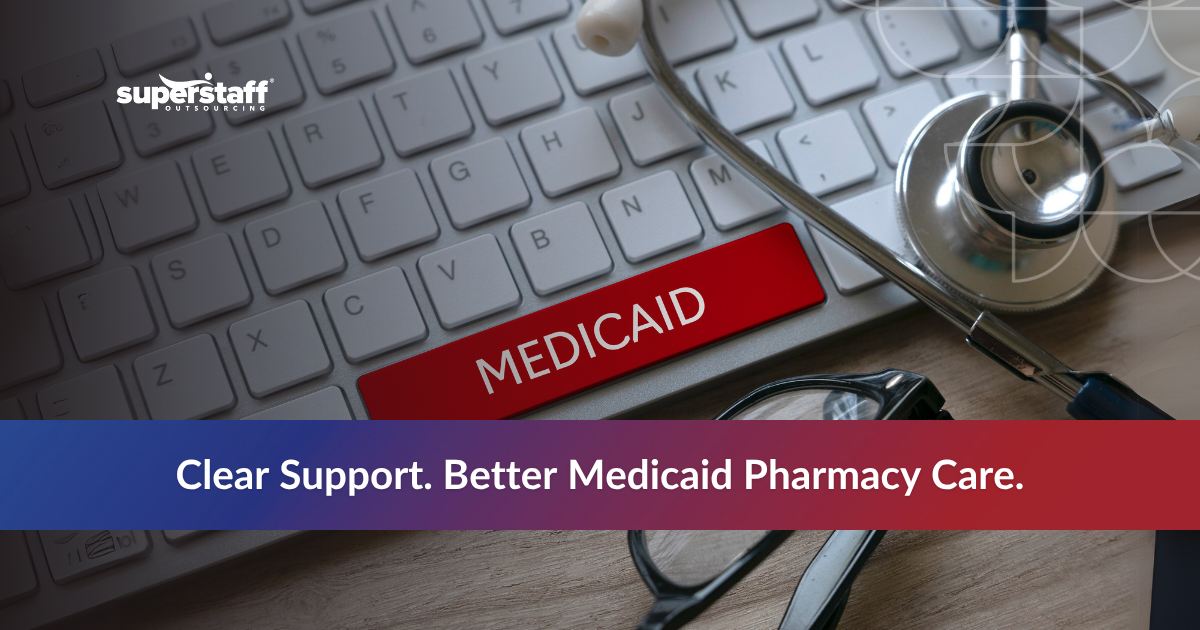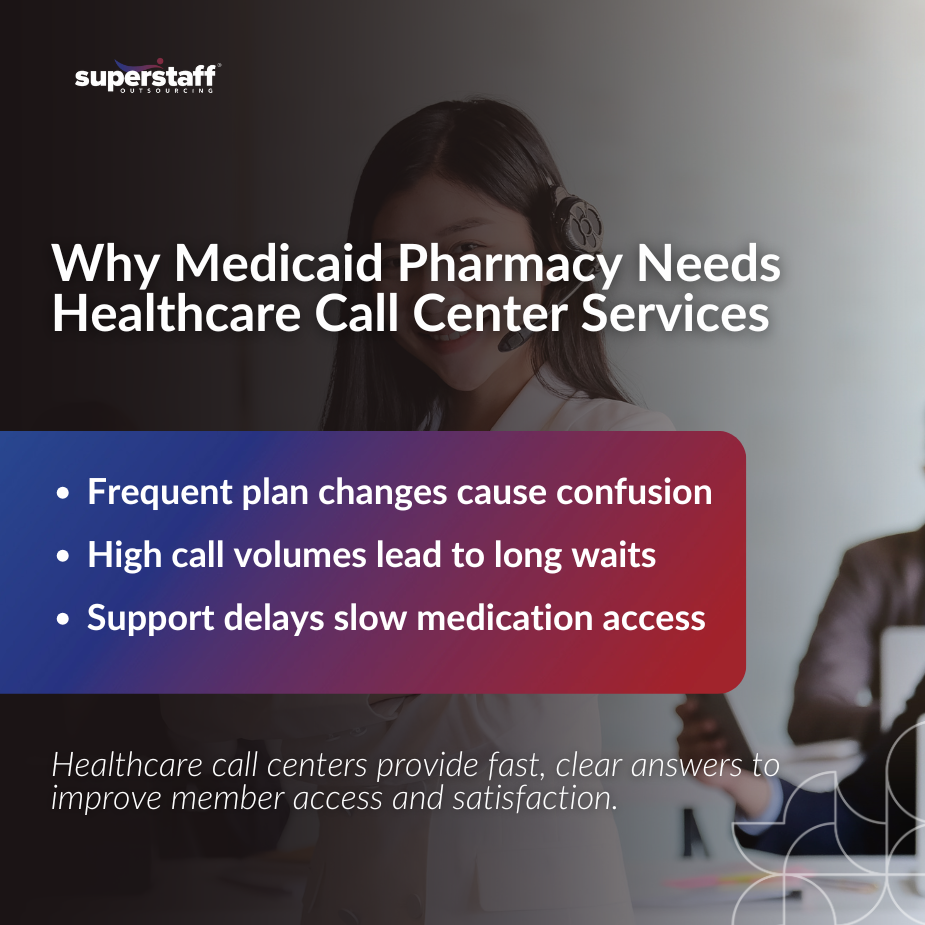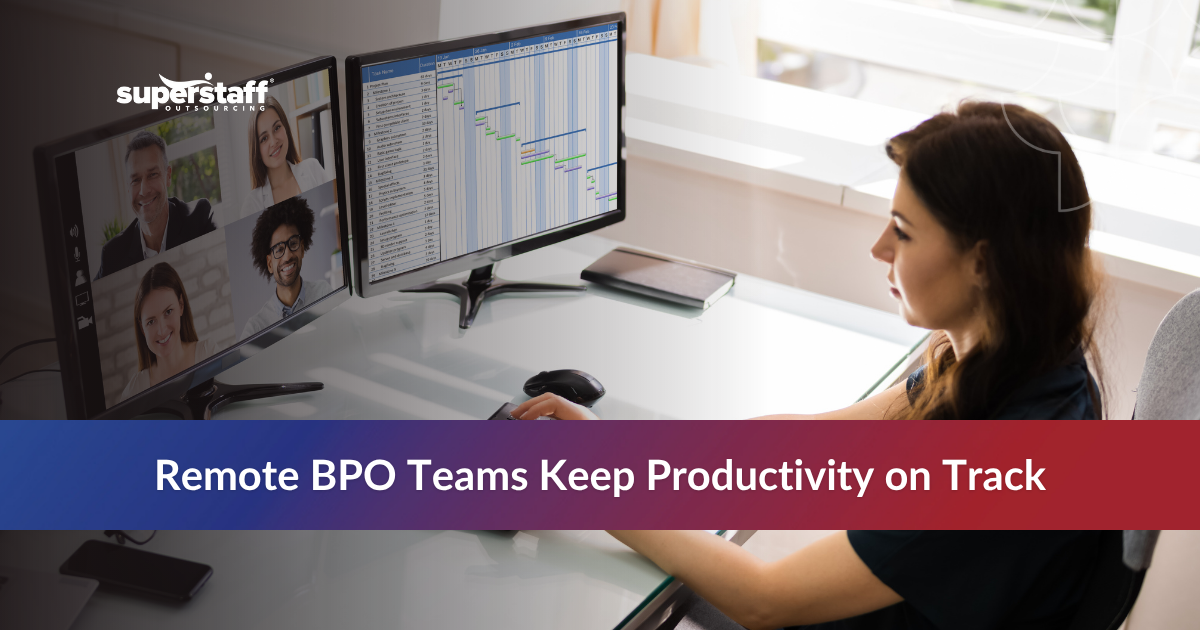
Medicaid pharmacy programs continue to grow, with rising enrollment and shifting policies adding complexity. Members need clear, timely answers about their medications and benefits, but complicated rules and heavy call volumes often cause delays.
Healthcare call center services provide focused support by connecting Medicaid recipients to trained agents who assist with benefits, prior authorizations, and pharmacy information. This helps reduce wait times and lifts pressure off Medicaid staff and pharmacies.
These call centers serve as a dependable contact point that cuts confusion and speeds up problem resolution. Their role improves member access, satisfaction, and program efficiency. Medicaid leaders benefit from knowing how healthcare call center services operate and what to consider when selecting a partner.
Why Medicaid Pharmacy Needs Healthcare Call Center Services

Medicaid pharmacy benefits often involve many moving parts. Without strong communication channels, members can face delays or gaps in their care. Here are the key challenges healthcare call center services address:
1. Frequent Plan Changes Create Confusion
Medicaid formularies (the list of covered drugs) and coverage policies change regularly—sometimes quarterly or annually—to reflect cost updates, new medications, or changing clinical guidelines. According to CMS (Centers for Medicare & Medicaid Services), states must notify recipients of formulary changes, but patients and providers can still find it challenging to keep up, leading to confusion about which drugs are covered or require prior authorization.
2. High Call Volumes During Busy Periods
During enrollment renewals or policy updates, call volumes spike. Medicaid staff and pharmacies may not handle these surges well, causing wait times and frustration.
3. Support Delays Affect Medication Access
Without timely help, members may wait days for answers on prior authorizations or eligibility, delaying important prescriptions.
Healthcare call center services provide a direct line for Medicaid recipients to get clear, fast responses. Their trained agents know Medicaid pharmacy programs well and guide members step-by-step through benefit details and requirements.
Key Healthcare Call Center Services in Medicaid Pharmacy Support
Specialized healthcare call center services cover a broad range of pharmacy-related tasks. This helps Medicaid agencies and pharmacy benefit managers (PBMs) operate more smoothly. Here are the main functions these call centers provide:
1. Eligibility and Benefits Verification
Agents confirm whether members are eligible for Medicaid pharmacy benefits and explain what those benefits include. This avoids confusion at the pharmacy counter.
2. Prior Authorization Assistance
Call centers help members and providers complete prior authorization requests, speeding up approval times and reducing paperwork errors.
3. Formulary Explanation and Alternatives
When a prescribed drug is not covered, call center agents explain why and suggest covered alternatives to prevent treatment interruptions.
4. Pharmacy Locator and Network Information
Members can find nearby pharmacies that accept Medicaid and understand how to access their network benefits fully.
5. Appeals and Denial Navigation
If a claim or request is denied, call center agents guide members through the appeals process to improve the chances of approval.
These healthcare call center services ease the workload on pharmacists and Medicaid teams. They reduce backlogs and free up staff to focus on clinical tasks rather than administrative tasks.
Operational and Compliance Benefits of Healthcare Call Center Services
Call centers support Medicaid pharmacy programs beyond just handling calls. They help improve the overall operation and meet regulatory demands:
- Improved Member Satisfaction: Quick, accurate answers reduce complaints and build trust. Members feel supported and better understand their benefits.
- Compliance with Federal Standards: Healthcare call center services ensure timely responses meet federal Medicaid requirements, reducing the risk of penalties.
- Actionable Data Insights: Call data reveals common questions and problem areas, guiding improvements in pharmacy programs and communication strategies.
- Reduced Staff Burden: Medicaid teams face fewer routine inquiries, lowering stress and allowing focus on complex issues.
These benefits combine to create a more efficient Medicaid pharmacy experience that meets both patient needs and program goals.
Meeting Increased Demand During Peak Seasons
Medicaid pharmacy call centers need to scale their services during high-demand times, such as enrollment renewals and policy changes. Here’s how healthcare call center services handle these surges:
-
Flexible Staffing
Call centers quickly add trained agents during peak periods to manage higher call volumes without reducing service quality.
-
Avoiding Service Disruptions
Maintaining staffing levels helps prevent long wait times or dropped calls, keeping members connected when they need help most.
-
Supporting Large Rollouts
During statewide or multi-region Medicaid changes, call centers coordinate smoothly to ensure consistent service delivery across locations.
These features make healthcare call center services reliable partners during critical Medicaid pharmacy periods.
Choosing the Right Healthcare Call Center Partner
Not all call centers deliver the same level of support. Medicaid programs and PBMs should look for these key qualities:
- Experience in Medicaid and Pharmacy Benefit Support: Agents should understand Medicaid rules and pharmacy workflows to provide accurate assistance.
- HIPAA-Trained Staff and Secure Systems: Protecting member privacy is a must, so call centers need strong security and privacy protocols.
- Multilingual Capabilities: Serving diverse Medicaid populations requires agents fluent in multiple languages.
- Integration with PBM Systems: Seamless data exchange improves accuracy and allows real-time updates on member benefits and claims.
- Strong Reporting Tools: Detailed reporting helps Medicaid leaders monitor performance and identify areas to improve member experience.
Selecting a partner with these attributes ensures healthcare call center services help Medicaid programs improve outcomes while maintaining oversight.
Healthcare Call Center Services Support Medicaid Pharmacy Success
Healthcare call center services play a vital role in Medicaid pharmacy operations. They improve communication, reduce delays, and help Medicaid programs stay compliant with federal requirements. These services make it easier for members to understand benefits, get medications on time, and resolve issues quickly.
By choosing the right healthcare call center partner, Medicaid agencies and PBMs can strengthen their pharmacy programs. Outsourcing support through healthcare BPO services allows for scalable, secure, and effective patient support call center functions. This leads to better member satisfaction and smoother pharmacy operations.
Medicaid leaders and PBMs should evaluate healthcare call center services carefully. Finding a partner with Medicaid experience, secure systems, and strong customer service solutions for Medicaid recipients will help meet growing demands and improve care quality.






